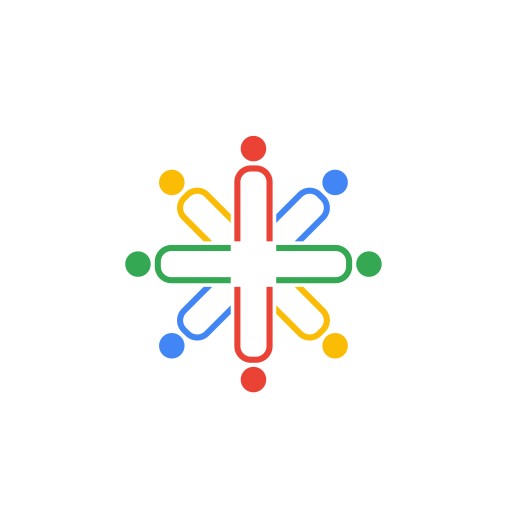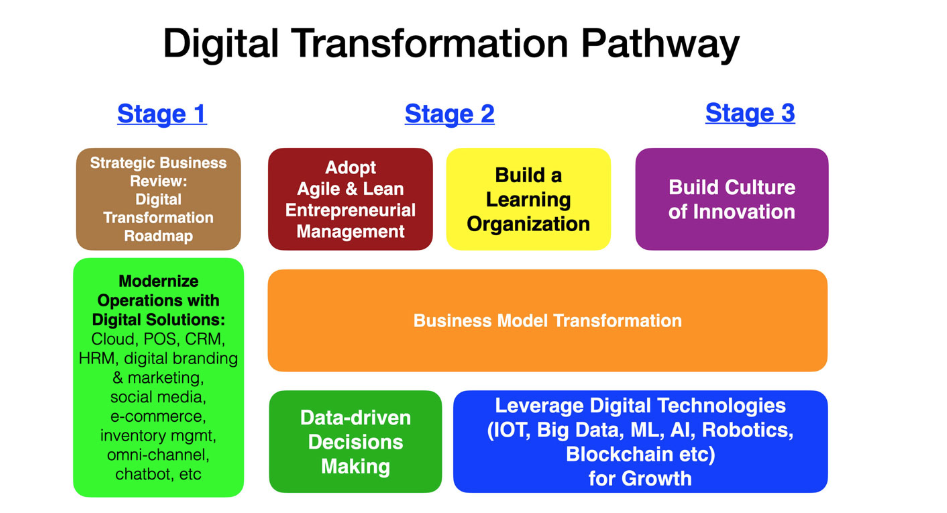Digital transformation’s wide scope, novelty, hype, variability, options, fluidity and intricacy contribute to its diverse conceptualization. There are common themes of customer-centricity, data-driven decisions, organizational agility and technological innovation that underpin most perspectives.
The broad scope of digital transformation encompasses many aspects like technology, business processes, customer engagement, analytics, work culture etc. Its broad scope leads to varied interpretations.It is new and evolving. The lack of historical precedent contributes to ambiguous meaning.
Digital Health may be subject to buzzword overuse. The term is sometimes used loosely or for marketing purposes which can contribute to subjective interpretation and challenges in clarity. It is context-dependent and meaning may vary across different industries, organizations, and perspectives. Definitions adapt based on particular contexts and there are many approaches and potential strategies and tools for pursuing digital transformation. Definitions focus on different approaches based on specific authors’ experience.
There is no universally accepted framework or model for digital transformation. This allows for multiple theoretical constructs. Digital technologies and their business impacts evolve quickly. As shifts occur, definitions struggle to stay current. Businesses are complex adaptive systems. Defining transformational change across social, technical and economic dimensions is inherently hard.
There are several key reasons why digital health matters:
- Improved Access – Digital health tools can break down geographic, physical, and financial barriers to medical care access. Telemedicine, mHealth apps, online portal scheduling etc. allow more patients to get care.
- Empowers Patients – Access to their health data and digital self-care tools enables patients to take greater ownership of their health, literacy, and shared decision-making.
- Reduces Costs – Telehealth, remote monitoring, and automation of administrative tasks can increase efficiency and lower healthcare delivery.
- Enables Precision Medicine – The analysis of big health data and use of AI can lead to more personalized care plans tailored to each patient’s genetics, lifestyle, and needs.
- Fuels Innovation – The combination of health IT and new technologies like AI, 5G, sensors, and genomics opens up new possibilities for preventing, diagnosing, and treating disease.
- Empowers Continuity of Care – Health information exchanges and interoperable data platforms allow coordinating care across different providers and settings.
Digital health presents an enormous opportunity to make healthcare more proactive, accessible, affordable and personalized for all. It matters because health matters.


Recent Comments